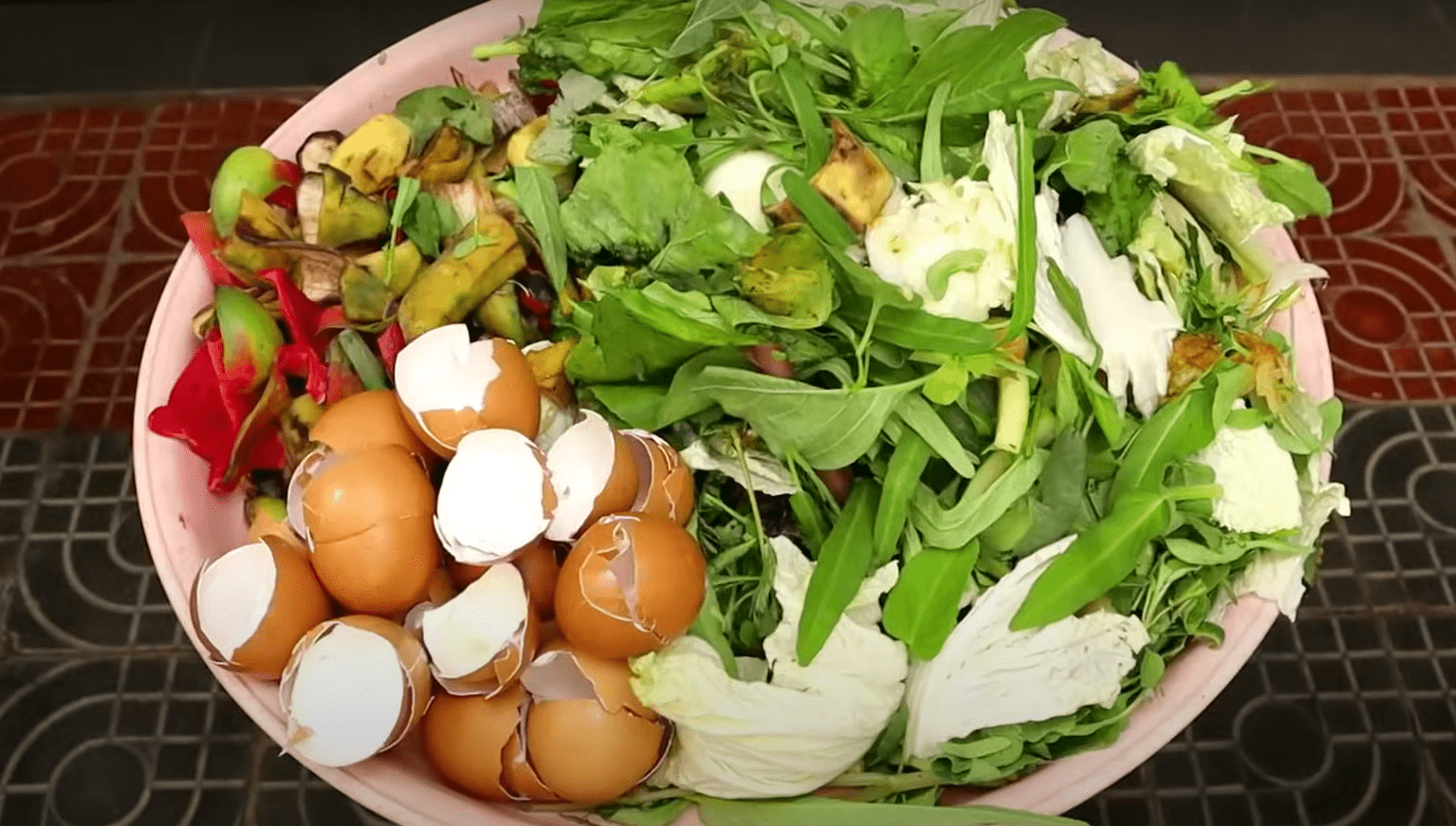How to apply organic fertilizer and its benefits for all plants:
We know that every living thing or plant has life. They need food to survive. We humans live by eating food, just as plants need food, they need nutrients. Fertilizers needed for plants can be chemical or organic. Fertilizer can be made at home. I will highlight some methods that are environmentally friendly.
Cow Dung:

Cow dung is a popular organic fertilizer used in gardening and agriculture due to its rich nutrient content and benefits for soil health. Here are some key points about using cow dung as fertilizer for plants:
Nutrient Content:
Cow dung contains essential nutrients like nitrogen, phosphorus, potassium, and various micronutrients that are beneficial for plant growth.
It also provides organic matter that improves soil structure, aeration, and water retention.
Composting:

Fresh cow dung can be too strong for plants and may contain harmful pathogens. It’s best to compost it before use.
Composting involves letting the cow dung break down over several months. This process reduces harmful bacteria and makes the nutrients more available to plants.
course of action:
Compost Pile: Mix cow dung with other organic materials like kitchen scraps, leaves, and straw. Turn the pile regularly to ensure proper aeration and decomposition.
Manure Tea: Steep composted cow dung in water for a few days, then use the liquid to water plants. This provides a quick nutrient boost.
Direct path: Once fully composted, cow dung can be mixed into the soil before planting or used as a top dressing around established plants.
Benefits:
1.Enhances soil fertility and promotes healthy plant growth.
2.Encourages beneficial microbial activity in the soil.
3.Improves soil structure and moisture retention.
Banana Peel:

Chopping: Cut banana peels into small pieces and bury them around the base of your plants. This method allows the nutrients to slowly release into the soil as the peels decompose.

Whole Peels: Place whole banana peels directly under the soil at the base of plants. They will break down over time and enrich the soil.
Banana Peel Tea:
Soak banana peels in a jar of water for a few days. Strain the liquid and use it to water your plants. This tea provides a quick boost of nutrients.

Drying and Grinding:
Dry banana peels thoroughly (in the sun or using an oven). Once completely dry, grind them into a fine powder and sprinkle this powder around your plants or mix it into the soil.
Composting:
Add banana peels to your compost bin. They will break down along with other organic matter, adding valuable nutrients to your compost.
Benefits of Banana Peels:
Potassium: Essential for flower and fruit production.
Phosphorus: Supports root development and overall plant health.
Calcium: Strengthens cell walls and aids in nutrient absorption.
Magnesium and Sulfur: Important for chlorophyll production and overall plant growth.
Egg Shell:

Crushed Eggshells:
Preparation: Rinse eggshells thoroughly to remove any egg residue and let them dry. Once dry, crush them into small pieces.
Method: Sprinkle the crushed eggshells around the base of your plants or mix thhttps://greenbosom.com/egg-shells-for-plants/em into the soil. This will provide a slow-release source of calcium, improving soil structure and aiding in root development.
Eggshell Powder:
Preparation: After rinsing and drying, grind the eggshells into a fine powder using a blender or mortar and pestle.
Method: Sprinkle the eggshell powder around your plants or mix it into the soil. This method allows for faster nutrient absorption.
Eggshell Tea:
Preparation: Boil a dozen eggshells in a gallon of water for a few minutes. Let the mixture sit overnight, then strain out the shells.
Method: Use the strained water to water your plants. This eggshell tea provides a quick boost of calcium and other minerals.
Composting:
Add crushed eggshells to your compost bin. They decompose over time and enrich the compost with calcium and other nutrients, which will be beneficial when the compost is applied to your garden.
Benefits of Eggshells:
Calcium: Essential for cell wall structure, root health, and overall plant vigor.
Other Nutrients: Eggshells also contain small amounts of magnesium, phosphorus, and potassium.
Soil pH: Crushed eggshells can help to reduce soil acidity, improving the growing conditions for many plants.
Neem Crusted:

Pest Control: Neem contains azadirachtin, which acts as a natural insect repellent. It disrupts the life cycle of pests, making it an effective way to protect plants from a variety of insects.
Soil Improvement: Neem crusted fertilizer enhances soil fertility by improving its organic content. It promotes the growth of beneficial microorganisms.
Nutrient Content: It provides essential nutrients like nitrogen, phosphorus, and potassium, along with micronutrients that support healthy plant growth.
Disease Resistance: Regular use of neem fertilizer can increase plants’ resistance to diseases, reducing the need for chemical treatments.
Sustainable and Eco-friendly: Being organic, it is safe for the environment, non-toxic to humans and animals, and supports sustainable farming practices.
Course of Application:
Direct processing: Neem crusted fertilizer can be applied directly to the soil around the base of plants. It can be mixed into the soil or sprinkled on top and then watered.
Composting: It can be added to compost to enhance its nutrient profile.
Potting Mix: When preparing potting mix for container plants, neem fertilizer can be mixed with soil to provide a balanced nutrient supply.

Finally,Everything has rules, you have to know when to use which one or it can backfire. When a plant needs what it needs, it must be given. There is also a ratio for making organic fertilizer. It should be made according to that rule.






Leave a Reply